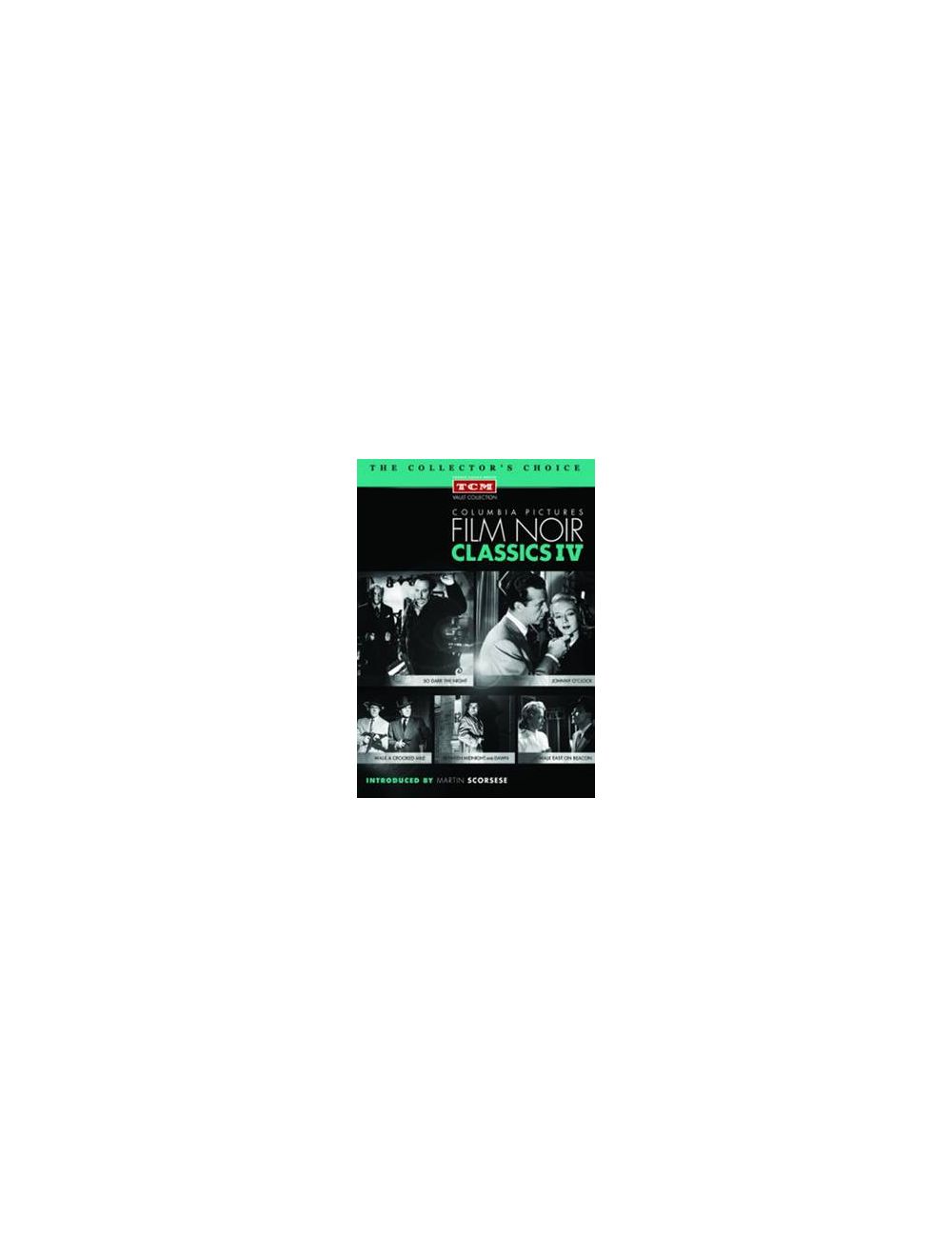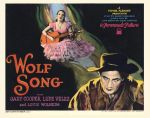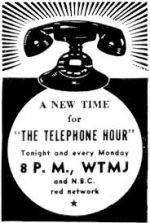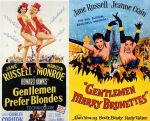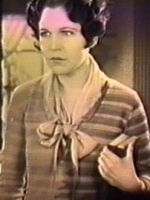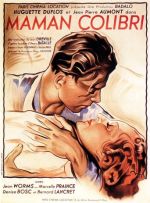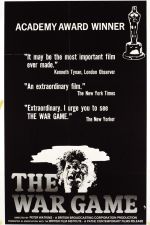Columbia Pictures Film Noir Classics IV On DVD
Actor: Steven Geray, Micheline Cheirel, Eugene Borden, Dick Powell, Evelyn Keyes
Director: Joseph H. Lewis, Robert Rossen, Gordon Douglas, Alfred L. Werker
Genre: Drama
Year: N/A
Studio: TCM
Length: 443
Released: 11/19/2014
Rating: Not Rated (MPAA Rating)
Format: DVD
Misc: NTSC, Black & White
Language: English
Subtitles : N/A
DESCRIPTION:
Sony Pictures Home Entertainment, The Film Foundation and Turner Classic Movies again partner to present the fourth collection in this series, Columbia Pictures Film Noir Classics IV. These five films, all fully restored and remastered, three of which have never before been released on DVD, showcase the work of directors Joseph H. Lewis, Robert Rossen, Gordon Douglas and Alfred L. Werker all of them masters at creating taut and atmospheric visions from morally-strained hard-boiled stories. The collection also highlights the genre-defining cinematography of Burnett Guffey and George E. Diskant, and iconic performances by film noir mainstays Dick Powell, Evelyn Keyes, Lee J. Cobb, Dennis OKeefe and Edmond OBrien, who excelled at revealing the raw heart that beat beneath noirs tough exteriors. (So Dark The Night, 1946) Director Joseph H. Lewis (Gun Crazy, 1950) established his reputation as a talented stylist by wrangling a complicated story of a Parisian detective (Steven Geray) who falls in love while on vacation, only to see the woman murdered into a taut and atmospheric film noir. Overcoming the challenges of recreating the French countryside in Canoga Park, California, and working with a cast of virtual unknowns, Lewis and noir cinematographer extraordinaire Burnett Guffey craft one of the great surprise endings in all of noir, which would inspire such films as (Possessed, 1948) and (Memento, 2000). (Johnny OClock, 1947) Johnny OClock (Dick Powell) is a junior partner in a posh casino with Guido Marchettis (Thomas Gomez), but is senior in the eyes of Nelle (Ellen Drew) Guidos wife and Johnnys ex. This love triangle leads to a web of complications, leaving Police Inspector Koch (Lee J. Cobb) to unravel the threads of deceit and a murdered casino employees sister (Evelyn Keyes) to tug on Johnnys heartstrings before its too late. Applying Raymond Chandlers dictum that a good plot is an excuse for a series of exciting scenes, rookie director Robert Rossen strings together tense vignettes brought vividly to life by cinematographer Burnett Guffey. (Walk A Crooked Mile, 1948) Director Gordon Douglas drew on mounting anti-Communist hysteria to create one of the first Cold War films the tale of an FBI agent (Dennis OKeefe) and a Scotland Yard detective (Louis Hayward) who must bust a spy ring led by a ruthless agent (Raymond Burr) working to infiltrate an atomic research facility. Producer Eddie Small stood tall in a battle against FBI Director J. Edgar Hoover to produce the film without interference, arguing the Bureau was fair game for fictionalization. But Hoover had the last word, writing The New York Times to say the FBI had not sanctioned the film. (Between Midnight And Dawn, 1950) Dan Purvis (Edmond OBrien) and Rocky Barnes (Mark Stevens) are lifelong pals who survived WWII and continue their armed service as uniformed prowl car boys on the night shift in LA. But their friendship is tested by their ongoing battle with a ruthless racketeer (Donald Buka), the love they share for a beautiful radio announcer (Gale Storm) and Dans uncompromising and exaggerated sense of justice. Often seen as the first example of the now commonplace buddy cop movie, this film demonstrates that the genre has always been rife with tension. (Walk Easxt On Beacon!, 1952) The Red Scare had reached a fever pitch when director Alfred L. Werker (He Walked by Night, 1948) adapted this tale of Communist spies stealing secrets about the Manhattan Project. The source material was a Readers Digest article by FBI Director J. Edgar Hoover, and the movie shares Hoovers obsession with surveillance, creating an atypical noir focused on technology rather than obsessed with character psychology. But the film did make abundant use of the mean streets with over 14 weeks of location shooting throughout the northeast, thus providing a rare snapshot of an era in American life its physical locations and its mental state.
Actor: Steven Geray, Micheline Cheirel, Eugene Borden, Dick Powell, Evelyn Keyes
Director: Joseph H. Lewis, Robert Rossen, Gordon Douglas, Alfred L. Werker
Genre: Drama
Year: N/A
Studio: TCM
Length: 443
Released: 11/19/2014
Rating: Not Rated (MPAA Rating)
Format: DVD
Misc: NTSC, Black & White
Language: English
Subtitles : N/A
DESCRIPTION:
Sony Pictures Home Entertainment, The Film Foundation and Turner Classic Movies again partner to present the fourth collection in this series, Columbia Pictures Film Noir Classics IV. These five films, all fully restored and remastered, three of which have never before been released on DVD, showcase the work of directors Joseph H. Lewis, Robert Rossen, Gordon Douglas and Alfred L. Werker all of them masters at creating taut and atmospheric visions from morally-strained hard-boiled stories. The collection also highlights the genre-defining cinematography of Burnett Guffey and George E. Diskant, and iconic performances by film noir mainstays Dick Powell, Evelyn Keyes, Lee J. Cobb, Dennis OKeefe and Edmond OBrien, who excelled at revealing the raw heart that beat beneath noirs tough exteriors. (So Dark The Night, 1946) Director Joseph H. Lewis (Gun Crazy, 1950) established his reputation as a talented stylist by wrangling a complicated story of a Parisian detective (Steven Geray) who falls in love while on vacation, only to see the woman murdered into a taut and atmospheric film noir. Overcoming the challenges of recreating the French countryside in Canoga Park, California, and working with a cast of virtual unknowns, Lewis and noir cinematographer extraordinaire Burnett Guffey craft one of the great surprise endings in all of noir, which would inspire such films as (Possessed, 1948) and (Memento, 2000). (Johnny OClock, 1947) Johnny OClock (Dick Powell) is a junior partner in a posh casino with Guido Marchettis (Thomas Gomez), but is senior in the eyes of Nelle (Ellen Drew) Guidos wife and Johnnys ex. This love triangle leads to a web of complications, leaving Police Inspector Koch (Lee J. Cobb) to unravel the threads of deceit and a murdered casino employees sister (Evelyn Keyes) to tug on Johnnys heartstrings before its too late. Applying Raymond Chandlers dictum that a good plot is an excuse for a series of exciting scenes, rookie director Robert Rossen strings together tense vignettes brought vividly to life by cinematographer Burnett Guffey. (Walk A Crooked Mile, 1948) Director Gordon Douglas drew on mounting anti-Communist hysteria to create one of the first Cold War films the tale of an FBI agent (Dennis OKeefe) and a Scotland Yard detective (Louis Hayward) who must bust a spy ring led by a ruthless agent (Raymond Burr) working to infiltrate an atomic research facility. Producer Eddie Small stood tall in a battle against FBI Director J. Edgar Hoover to produce the film without interference, arguing the Bureau was fair game for fictionalization. But Hoover had the last word, writing The New York Times to say the FBI had not sanctioned the film. (Between Midnight And Dawn, 1950) Dan Purvis (Edmond OBrien) and Rocky Barnes (Mark Stevens) are lifelong pals who survived WWII and continue their armed service as uniformed prowl car boys on the night shift in LA. But their friendship is tested by their ongoing battle with a ruthless racketeer (Donald Buka), the love they share for a beautiful radio announcer (Gale Storm) and Dans uncompromising and exaggerated sense of justice. Often seen as the first example of the now commonplace buddy cop movie, this film demonstrates that the genre has always been rife with tension. (Walk Easxt On Beacon!, 1952) The Red Scare had reached a fever pitch when director Alfred L. Werker (He Walked by Night, 1948) adapted this tale of Communist spies stealing secrets about the Manhattan Project. The source material was a Readers Digest article by FBI Director J. Edgar Hoover, and the movie shares Hoovers obsession with surveillance, creating an atypical noir focused on technology rather than obsessed with character psychology. But the film did make abundant use of the mean streets with over 14 weeks of location shooting throughout the northeast, thus providing a rare snapshot of an era in American life its physical locations and its mental state.
| Product Name | Columbia Pictures Film Noir Classics IV On DVD |
|---|---|
| This item is returnable | Yes |

